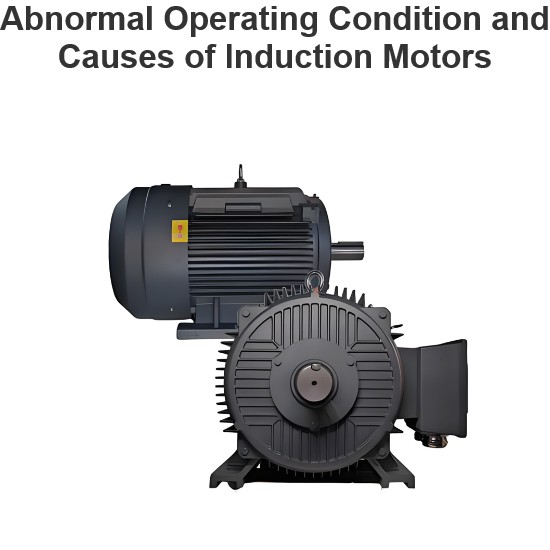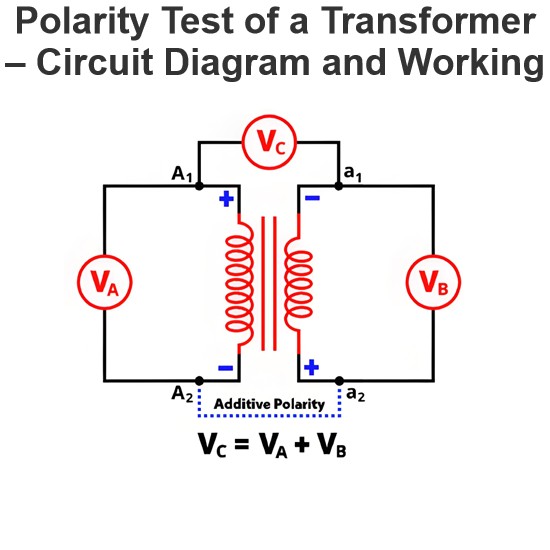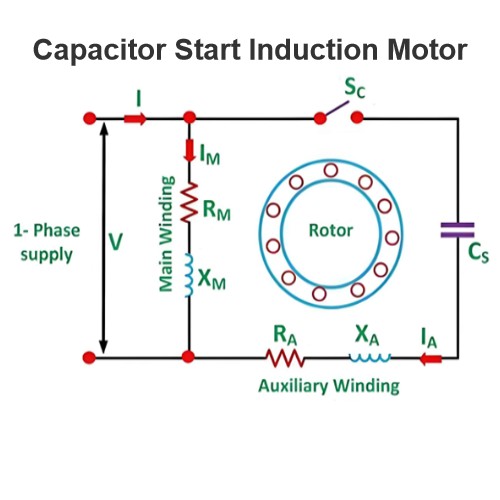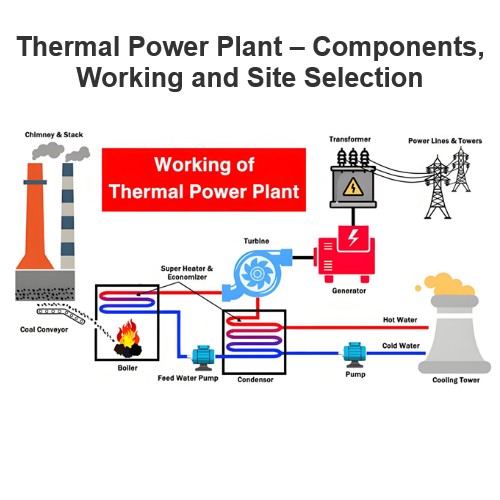Why use batteries to start generators instead of generator capacitors?
Using a battery to start a generator rather than using a capacitor or other methods is primarily because batteries provide a more reliable and stable source of energy during the starting process. Here are the detailed reasons:
1. High Energy Density
High Energy Density of Batteries: Batteries can store a large amount of electrical energy and provide high currents over short periods, which is essential for meeting the high power demands of starting a generator.
Low Energy Density of Capacitors: While capacitors can release energy quickly, they have a relatively low energy density and cannot provide enough energy to start large generators.
2. Stable Voltage Output
Stable Voltage from Batteries: Batteries maintain a relatively stable voltage during discharge, which is crucial for the proper starting of motors, as motors require a stable voltage to function correctly.
Rapid Voltage Drop from Capacitors: Capacitors experience a rapid drop in voltage during discharge, which can result in insufficient voltage during the starting process, affecting the motor's performance.
3. High Starting Current Demand
High Starting Current: Generators require very high starting currents when they are turned on. Batteries can provide these high currents, while capacitors can only provide high currents for very short durations, which is not sufficient for the entire starting process.
Sustained High Current from Batteries: Batteries can provide a sustained high current over a longer period, ensuring that the generator starts smoothly and enters its normal operating state.
4. Cost and Maintenance
Lower Cost of Batteries: Compared to capacitors and other energy storage devices, batteries are less expensive, easier to obtain, and maintain.
Higher Cost of Capacitors: High-performance capacitors are more expensive and require complex charging and discharging management systems, increasing the complexity and cost of the system.
5. Reliability and Durability
High Reliability of Batteries: Modern battery technology is well-established, and batteries can provide reliable performance in various environmental conditions.
Lower Reliability of Capacitors: Capacitors are more prone to damage under high current and high voltage conditions, especially in harsh working environments, making them less reliable than batteries.
6. Energy Management and Control
Battery Management Systems: Batteries are often equipped with advanced Battery Management Systems (BMS) that monitor and control the battery's state, ensuring safe and efficient usage.
Complex Management of Capacitors: Capacitors require complex charging and discharging management systems to ensure their safe and effective operation under high current and high voltage conditions.
7. Starting Time and Response Speed
Fast Starting Time with Batteries: Batteries can provide the required high current almost instantly, allowing the generator to start quickly.
Longer Charging Time for Capacitors: Capacitors need time to charge, and even though they can provide high currents during discharge, the initial charging time can affect the overall starting speed.
Summary
In summary, using a battery to start a generator offers significant advantages over using a capacitor or other methods. Batteries provide high energy density, stable voltage output, high starting current, lower cost, high reliability, advanced energy management, and fast starting times. These features make batteries the ideal choice for starting generators.
The Electricity Encyclopedia is dedicated to accelerating the dissemination and application of electricity knowledge and adding impetus to the development and innovation of the electricity industry.













